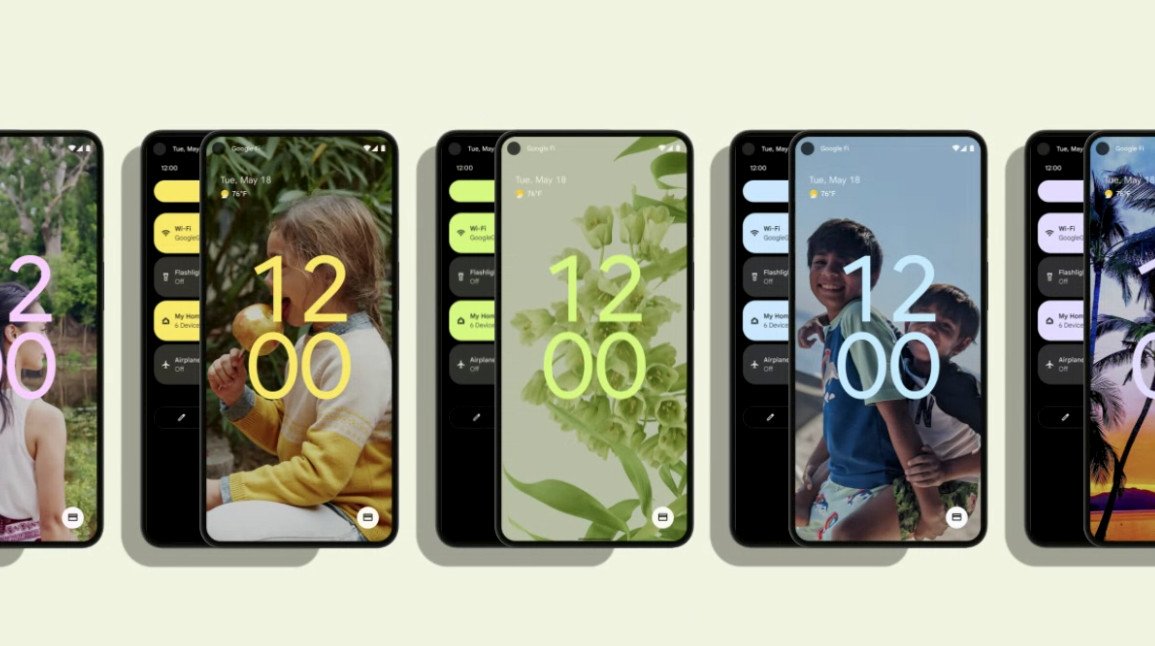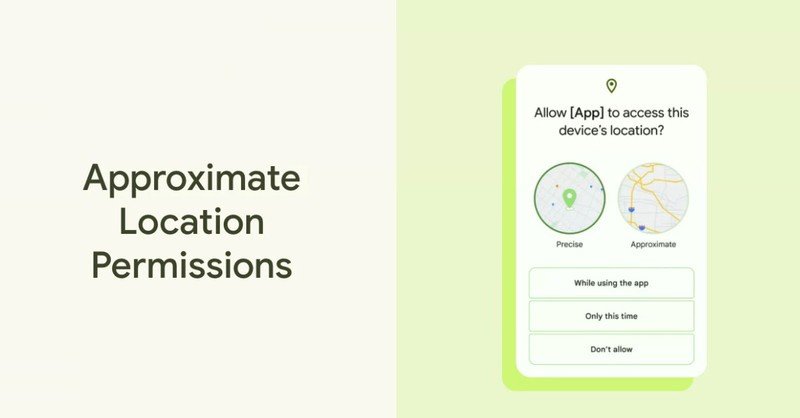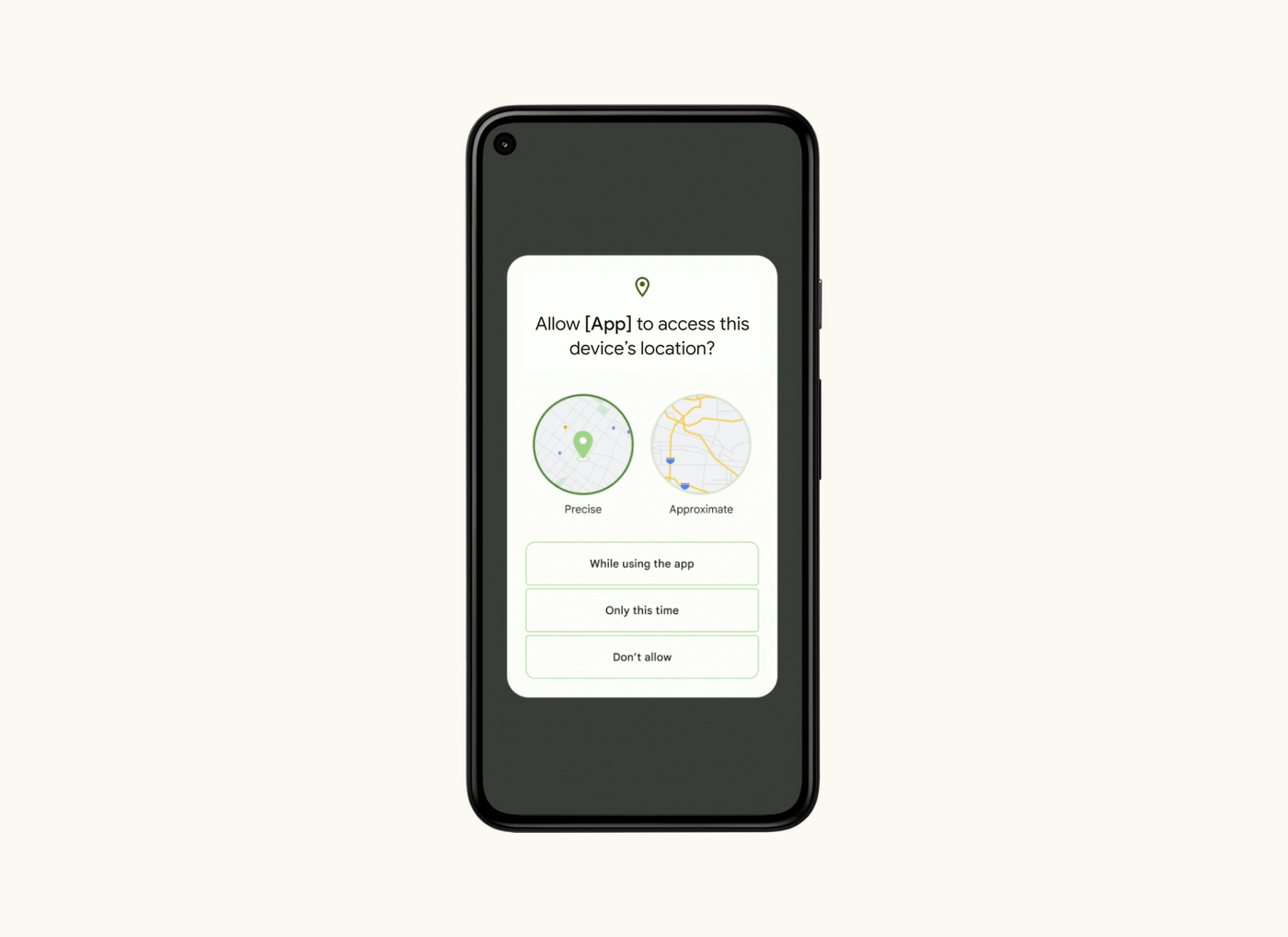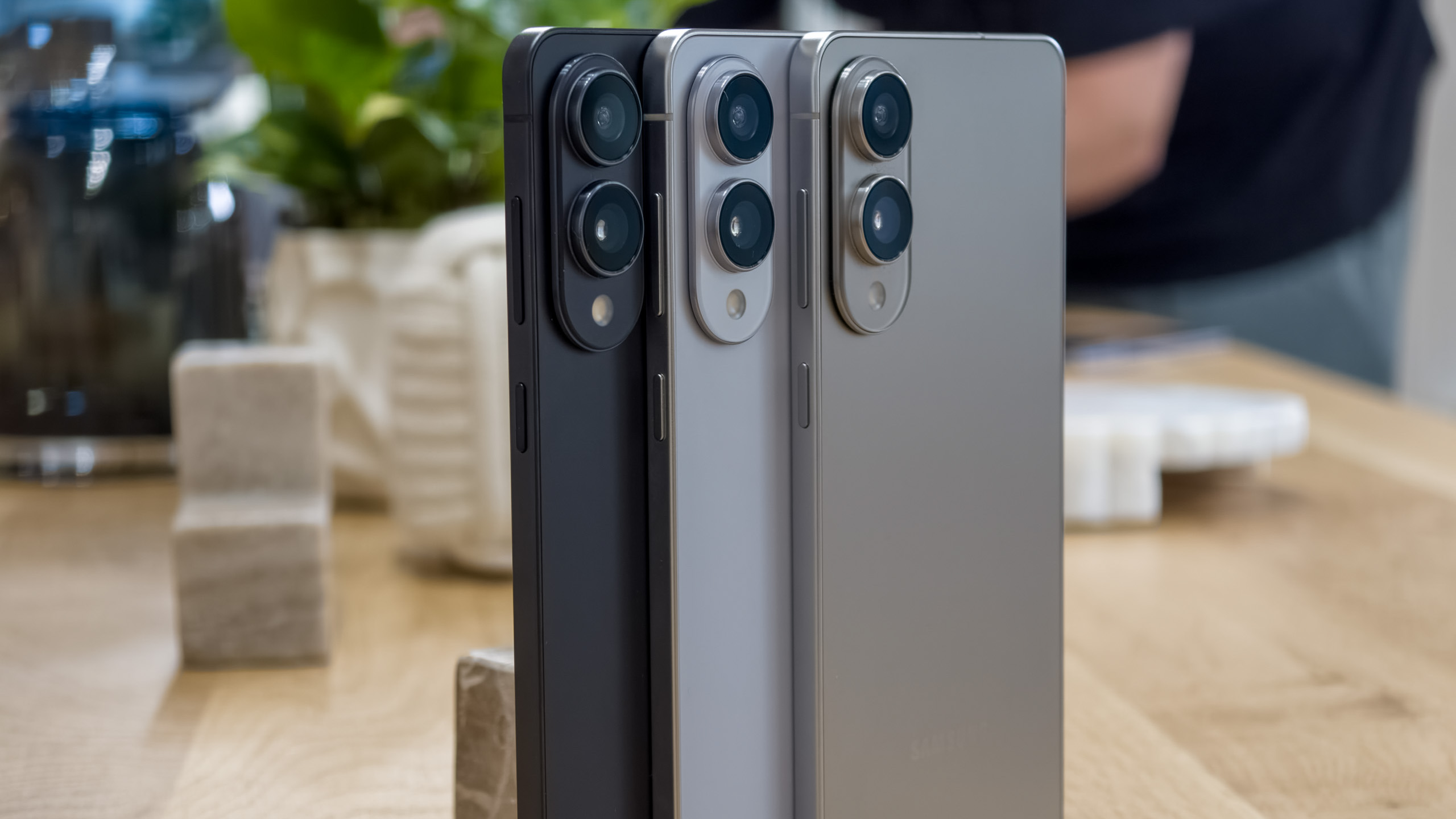Android 12's new location settings make me want it right now

Google I/O is shaping up to be a pretty big deal, and mixed in with all the other announcements is a single feature that comes along with Android 12 that is even better than what we could have hoped for — Approximate Location Permissions.
Even the best Android phone can be pretty bad when it comes to leaking out your location through the apps you install. Sometimes you want an app to know where you are, but rarely do you need an app to know exactly where you are in real-time.
How this works isn't anything groundbreaking. You can already tell your phone whether to get precise measurements or coarse measurements when it comes to your location, but it's mostly an all-or-nothing affair since it's a system setting. And the ability for a developer to use your coarse location has been around for a while, too, but this is the first time we're seeing a specific application-level permission that Google plans to enforce.

As Jules Polonetsky, CEO of the Future of Privacy Forum, reminds us, this is an important step when it comes to our privacy.
"By providing a less granular option, apps will be able to provide the kind of functionality that's relevant but not actually get the precise mapping that is what is most risky. It's highly risky when sharing a detailed map of everywhere you go, then I really learn about what sort of locations you visit."
In other words, the difference between the two types of location is significant when it comes to our privacy but is insignificant for any app that needs to get your location. Let's use the Walmart app as an example.
If you have the Walmart app installed, it is much more useful if it knows you're potentially visiting a Walmart in person. It knows to show you relevant coupons or display pharmacy hours or give you any other kind of information you need to know when you're near a Walmart. Near being the keyword here.
Walmart doesn't need to know the moment you walked into the store to help you shop.
Walmart doesn't really need to know you're walking in the door, and it definitely doesn't need to know what aisle you're in. If you have precise location enabled in your settings because you want really good navigation instructions in your maps app, that's the location information Walmart would normally get because of this all-or-nothing setting.
Get the latest news from Android Central, your trusted companion in the world of Android
With the new arrangement, you can decide that Walmart only needs coarse location in order for the app to work well. Developers are going to be forced to support this, and while I'm not too keen on giving Google any more power, when it comes to the privacy on the entire platform, I can make an exception.
Things go a step further when you can't really think of a reason why an app needs your location, but it just doesn't work correctly unless you allow it. Right now, you have two options — deny the permission and live with a broken app or allow it and wonder who is tracking you and why. Neither is a good experience.

And you might want to think about it before you just start tapping yes or allow. For every app that has a legitimate need for your location, there is another that only wants it because an online ad component requires it. If you're leery about an ad company that wants to know where you are even though it's not doing anything of use to you with that data, you're not alone. We've all heard stories about how so many different companies make money by selling things like customer location data.
We've decided that we are OK with giving our personal data away in exchange for free apps, and there is no going back.
There is no way to use a smartphone without sharing at least some of your personal data. That ship has sailed, and since the model of having "free" apps that harvest information about you is what's become popular, any tools that can curtail even a little bit of it are more than welcome.
As Google continues to move the target for new apps and updates in Google Play away from ancient versions of the operating system, more of us will benefit from changes like this one. It doesn't magically make your phone a private bastion of your personal data, but every baby step is welcome.

Jerry is an amateur woodworker and struggling shade tree mechanic. There's nothing he can't take apart, but many things he can't reassemble. You'll find him writing and speaking his loud opinion on Android Central and occasionally on Threads.
